EARLY BIRD – Kids Winter/Spring Enrollment!
Winter/Spring Recital Sesison Enrollment is now OPEN!

CHECK SCHEDULE & ENROLL

The session will run from Jan to May and end with our biggest production in June – the Annual Show – where all students will get an opportunity to perform at an auditorium.
New client? Create an account & schedule a free trial (subject to availability)
Enroll through school for classes at:
British School | Montessori Academy of Chicago | Near North Motessori | Skinner North | Lasalle Language Academy | Ogden International

Holiday Culture Drive
50 Books to 50 Schools or Libraries
bG Summer 2019 Events
Join us at these free public events for a Summer full of Bollywood Fun!
Follow us on Facebook or Instagram for more updates!
Find out more:
Webster Kids Block Party
Navy Pier Fresh Fest
Wicker Park Fest
Chicago Hot Dog Fest
Chicago Summer Dance Finale
Evanston Streets Alive

New Year Deal: Winter Wonder
Winter Wonder Pass!
Join us on a 3-Month Track to Fitness, Strength and Joy!
Start the new year with a BollyGroove Cardio Winter Wonder Pass! Join us on a 90-day unlimited pass that’s valid at all classes FOR JUST $155. SWEAT. SMILE. GROOVE.
Class Schedule

Diwali craft for kids – Decorative Diya
Diwali, the festival of lights from India, is the biggest festival of India. It is time for joyful celebration, sweets and of course, fireworks and lights!
Learn about Diwali and its 5 days of celebration from this Bestselling book.
Diya is the clay lamp used during Diwali to light up the whole house.
Here is a fun craft for kids to make their own decorative Diya.
What you’ll need
Construction paper
Scissors/Glue

Gold paper circles – or cut with scissors to make the shape

Felt circles– or cut with scissors to make the shape
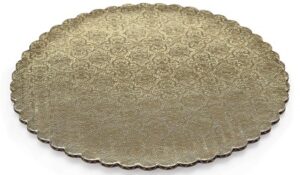
Cake circles – Or stick gold paper on cardboard
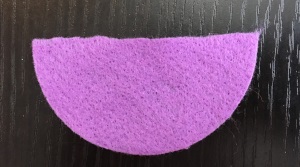
Step 1. Cut a felt circle into half to make a semi-circle.
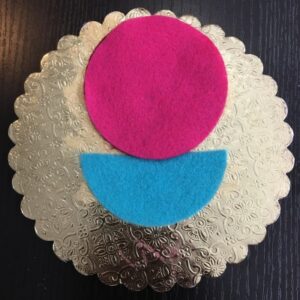
Step 2. Glue a felt circle and a semi-circle to a cake circle. The semi-circle is for the lamp and the full circle makes the background of the flame.
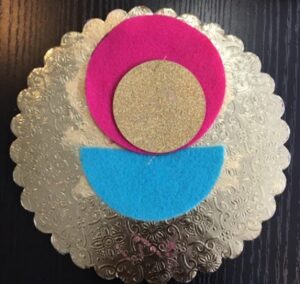
Step 3. Add more layers to the flame background by gluing a gold paper circle to the felt circle.
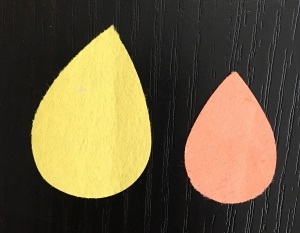
Step 4. Cut construction paper to cut a big and a small flame shape. We used a squeeze punch to do this.
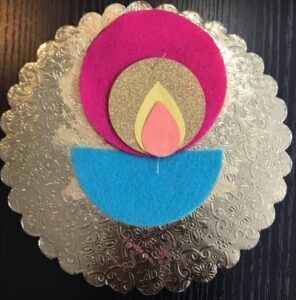
Step 5. Glue the 2 flames shapes on the flame background. Your Diya craft is now complete!


